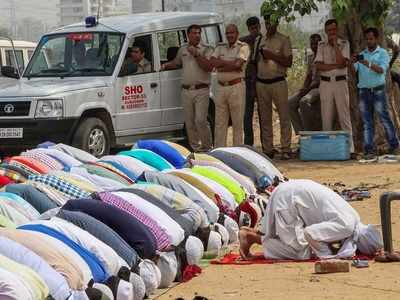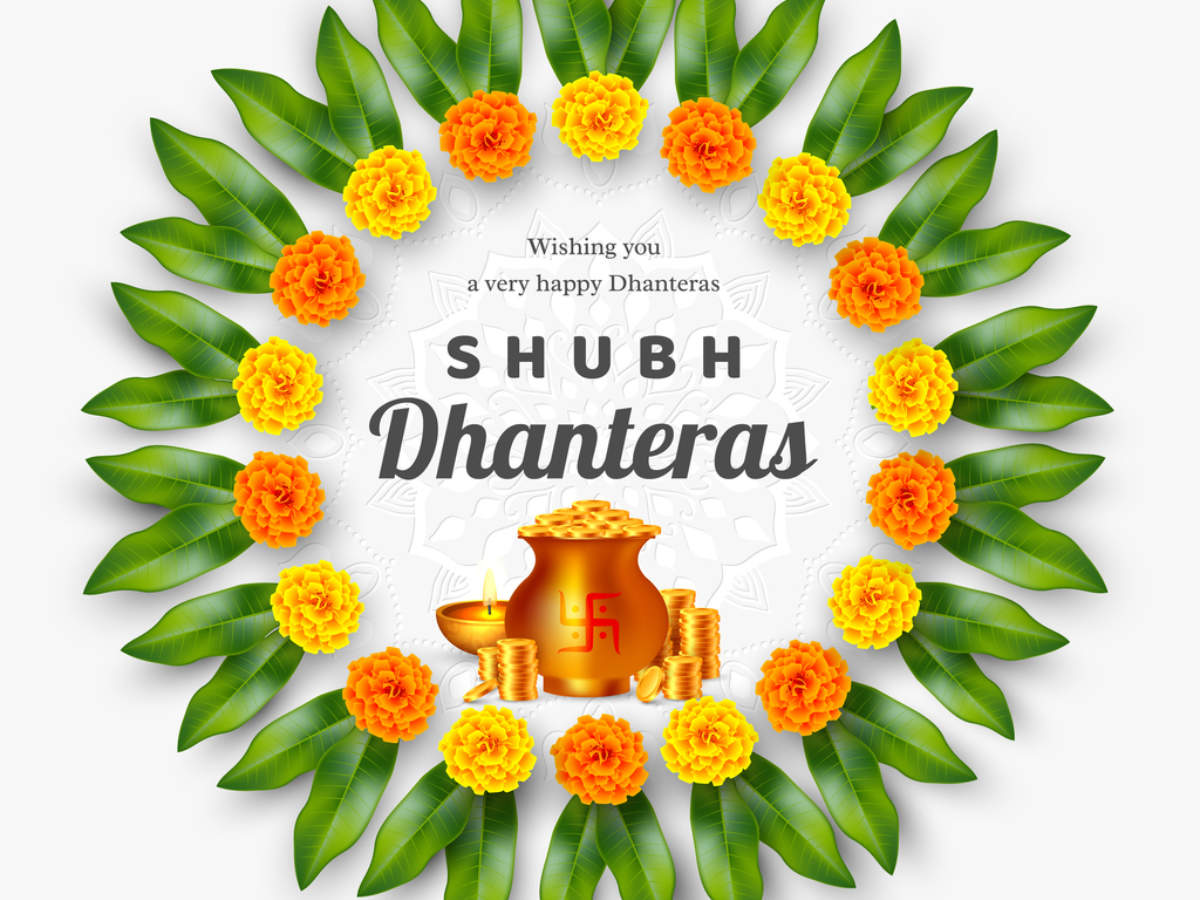
1. The Trad-Raita confrontation today is going to be the battle of India's future for many reasons. It is not significant because one side is right. It is significant because the next needle to be moved will come out of this debate; and not from Right-left debate.
#Thread
#Thread
2. There is now a broad understanding that the Way of the Left is the path where India's future does not lie. Those who advocate the Leftist path openly and shamelessly proclaim that nothing in India is worth saving and we should just copy one political ideology or another.
3. The Leftists in this way are unable to evolve and thus are destined to be assigned to the dustbin of history. It is only a matter of when and not if. They might win but it is a sure path of destruction of India's very identity. That is why it is almost unlikely to win.
4. On the other hand the Trad vs. Political Hinduism confrontation is happening right on the horizon of another evolutionary leap in the battle for India's identity. (I hate the word Raita as it is derogatory and use it only for the sake of twitter reference).
5. The Political Hindus think that we have arrived with the arrival of a nominal Hindu party on India's political scene. All we need to do is to keep that happening, to keep the Party win and everything good for 'Hindu Renaissance' will happen on its own.
6. If Political side wins it'll be stagnation of Hindu resurgence at political level. A Party swearing Hindu causes will rule without being able to usher institutional change. Political gains thus accrued will be rolled back in absence of more fundamental cultural change.
7. Politics in itself is unable to bring change or hold change unless it is assisted by a military rule and assisted by a racist and genocidal ideology like that of Nazis or Cultural Christianity. Since Hindutva is not that, even this for all its pros and cons will not happen.
8. The Trads advocate to change culture itself by discussing some of the most fundamental questions relevant to our civilization. They discuss the very nature of institutions that rule us today including electoral democracy, universal suffrage, universal value systems etc.
9. The Trads are not averse to change or incorporating something contemporary, but they have some non-negotiable demands which are not yet implemented. That is precisely why, it is them who will move the needle for they are not willing to settle for status quo.
10. Some of Trad arguments are horribly made right now. Some of the self-proclaimed trads are just donkeys. But despite all of this, despite the despicable personality of a few 'Trads', they are the side which proposes that cultural change is non-negotiable.
11. The so called Raitas are not wrong. Gaining political power is necessary but it will only get us so far. Political power, even temporary, or however nominal, is necessary. But it is far from sufficient. (It is a separate discussion how Hindu the current dispensation is.)
12. Political Hindu position is necessary but not sufficient. If we stop at that, we lose. The Trads maintain that politics is downstream from culture & for that all our institutions - executive, legislature & judiciary need to change. That way lies the moving of the next needle.
• • •
Missing some Tweet in this thread? You can try to
force a refresh






